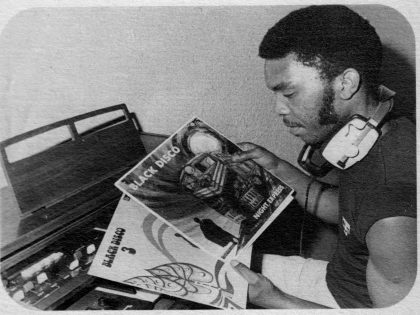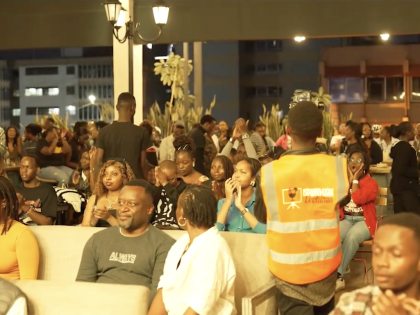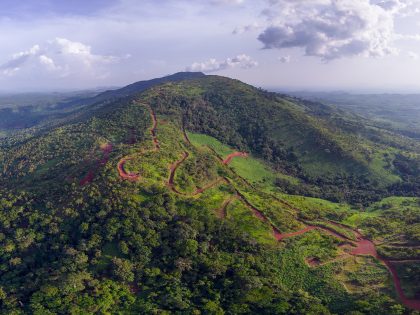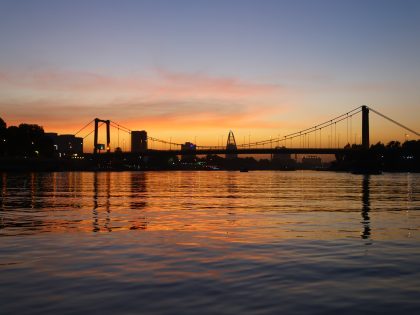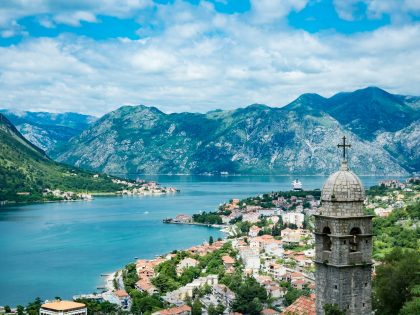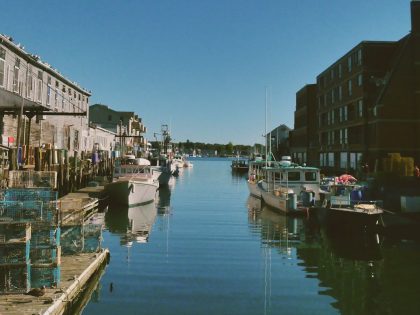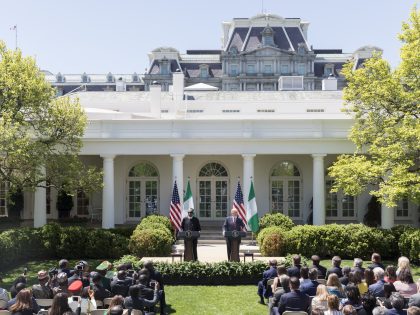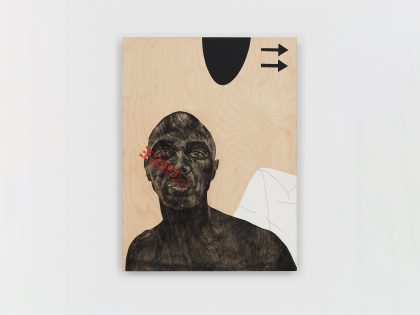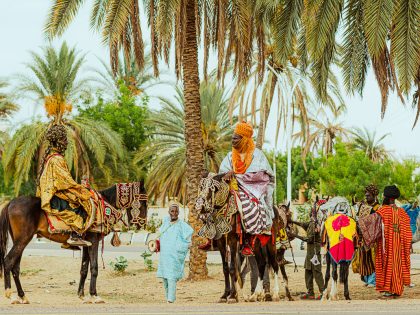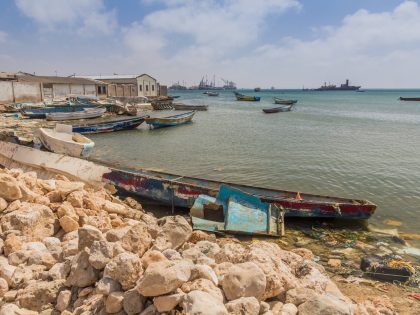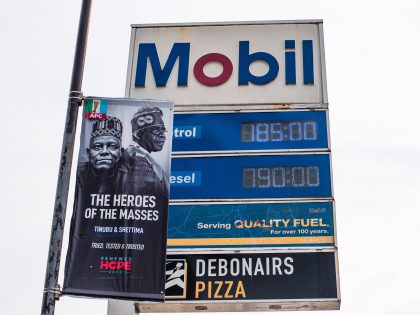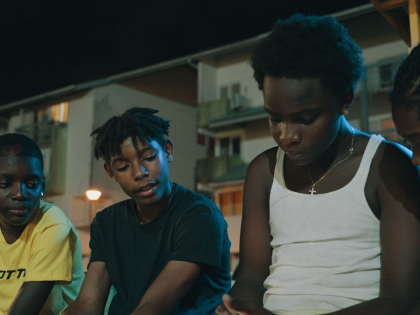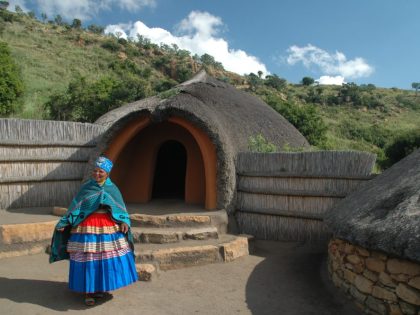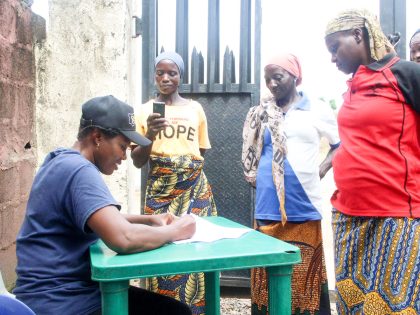'Africa Uploaded'

These photographs (above and below) by South African Rushay Booysen (from Port Elizabeth in the Eastern Cape province) forms part of the “Africa Uploaded: Experiences Through The Lens” (offline) exhibit next month–December 7 till 31, 2010–in the United Arab Emirates “… curated by Annabelle Nwankwo-Mu’azu and under the patronage of Nobel Laureate, Prof Wole Soyinka.” The rationale for the exhibit: “… This exhibition focuses on the work of a groundbreaking generation of artists, capturing their experiences as ‘Afrophiles’ and cultural trailblazers. The experience is multi-sensory and employs photography, video projections and film.” Apart from Booysen, the featured artists–all photographers–are Angèle Etoundi Essamba (Cameroon), Uche James Iroha (Nigeria), Antony Kaminju (Kenya), Mandla Mbyakama (South Africa), Aida Muluneh (Ethiopia), Ntare Guma Mbaho Mwine (Uganda/USA) and Lindeka Qampi (South Africa). Anybody passing through the UAE this month?


